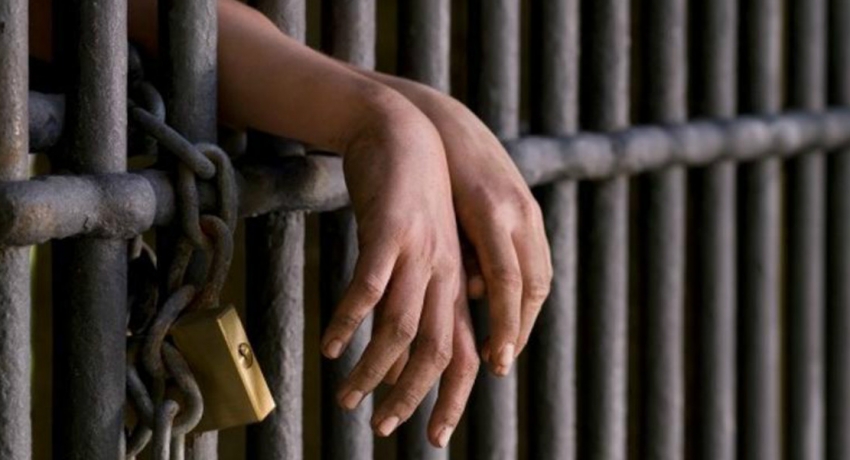
Supreme Court: UAPA provision that makes belonging to a prohibited organisation illegal is not obscure and has no limiting impact.
Last Updated on March 27, 2023 by Administrator
Issue –The Unlawful Activities (Prevention) Act of 1967’s Section 10(a)(i), which deems belonging to an illegal organisation a crime, is still in effect, and the Supreme Court determined that it is not unclear or arbitrary.
Facts of the case – The Court also overturned its 2011 rulings in the cases of Arup Bhuyan v. State of Assam, Indra Das v. State of Assam, and State of Kerala v. Raneef, which held that unless there is overt violence involved, a person’s mere membership in a banned association does not automatically constitute a crime under the Unlawful Activities (Prevention) Act of 1967 or the Terrorism and Disruptive Activities (Prevention) Act.
Arguments – Due to its ambiguity, Section 10(a)(i) may be overturned. It was suggested that because the term “membership” was undefined, it was possible for innocent people to be charged with violating the harsh statute.
Reasoning – Because of the divergent legal frameworks in the US and in India, and in particular because of Articles 19(1)(c) and 19(4) of the Indian Constitution, the reliance on US Supreme Court rulings was misplaced. Under these provisions, the right to freedom of speech is subject to reasonable limitations and is not a fundamental right.
Judgement – There are no issues with Section 10(a)(i) that are ambiguous, irrational, or unfair. The Court also dismissed the claim that the clause had a chilling impact on people’s freedoms of association and speech.
Provisions used in the case – Section 10(a)(i) of the Unlawful Activities (Prevention) Act 1967, Terrorism and Disruptive Activities (Prevention) Act and Articles 19(1)(c) and 19(4) of the Constitution of India.
Case – Arup Bhuyan vs State of Assam
Written by – Nikita Shankar




